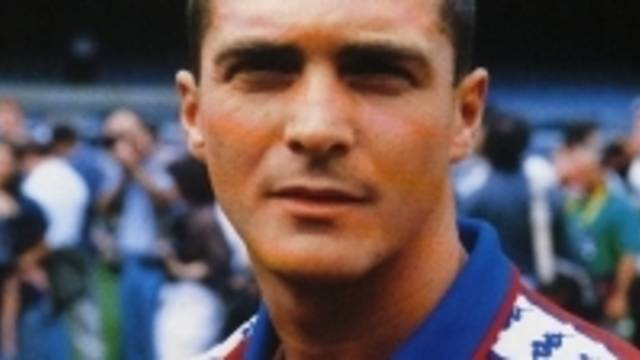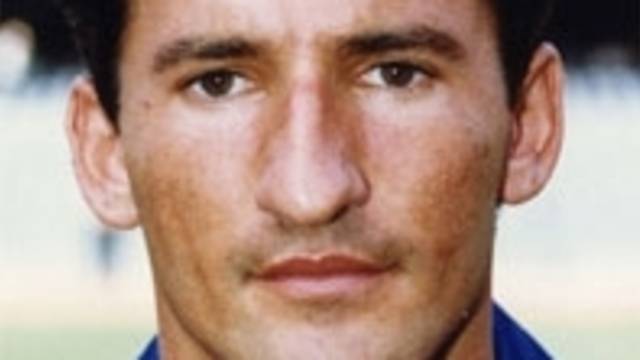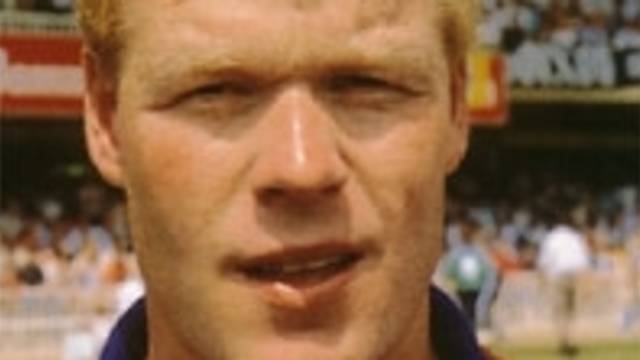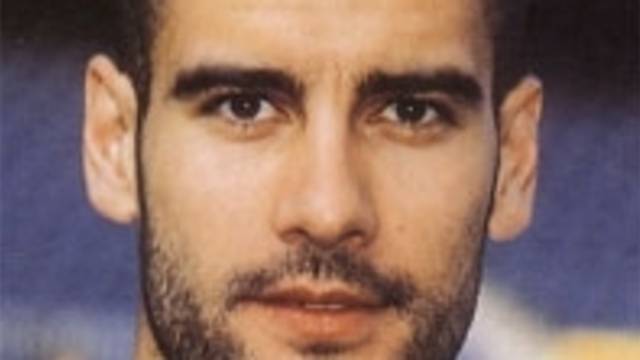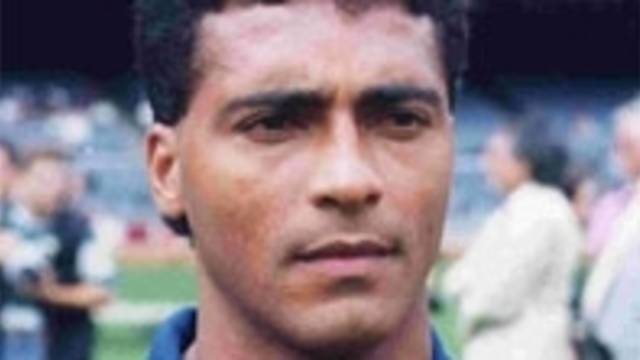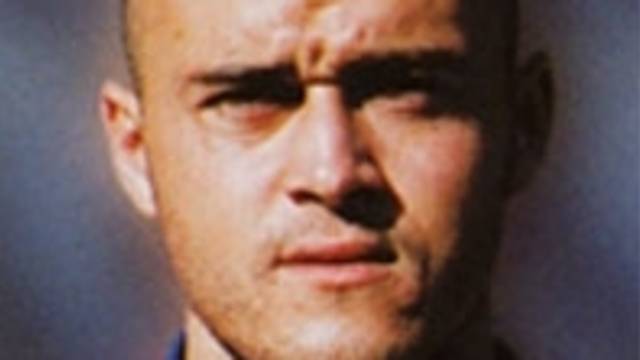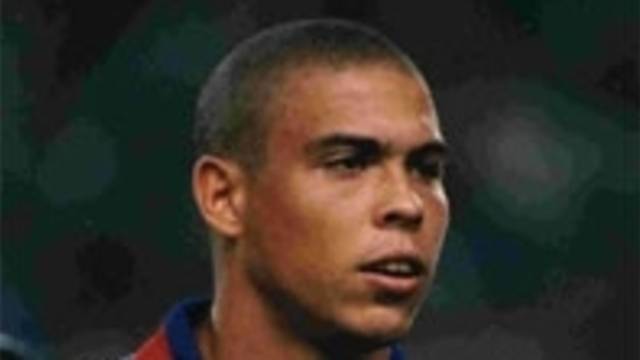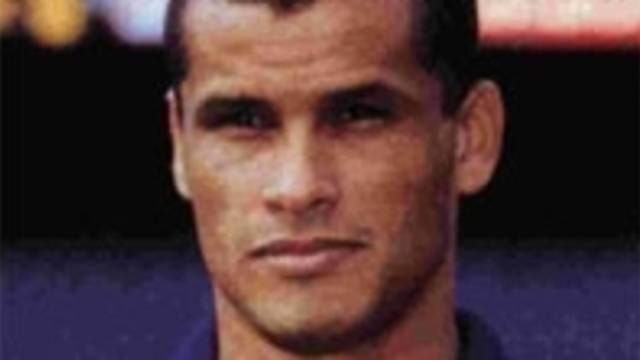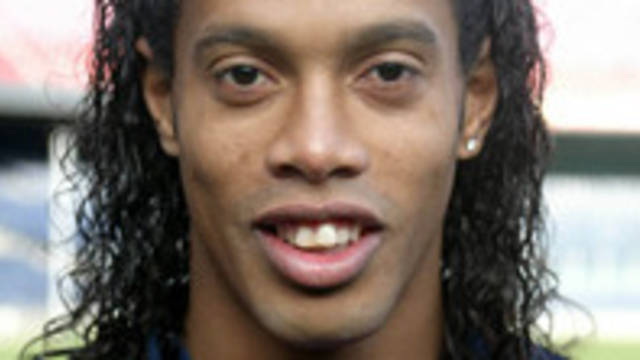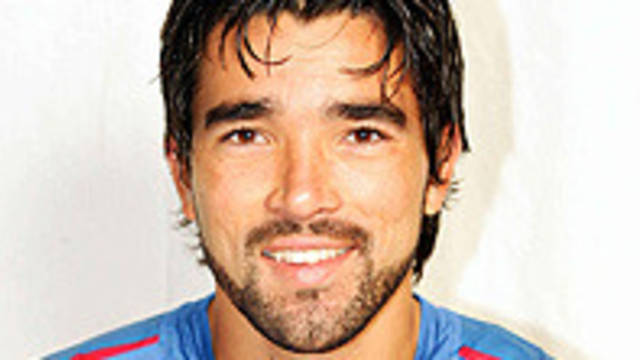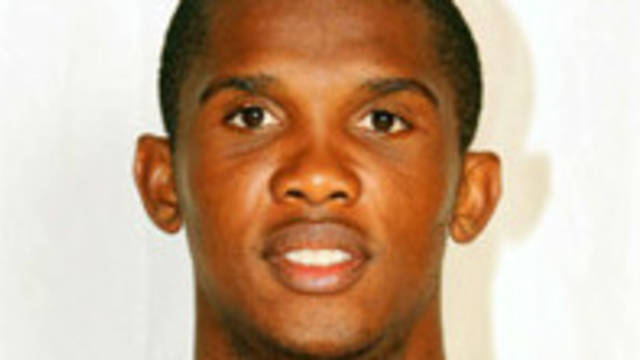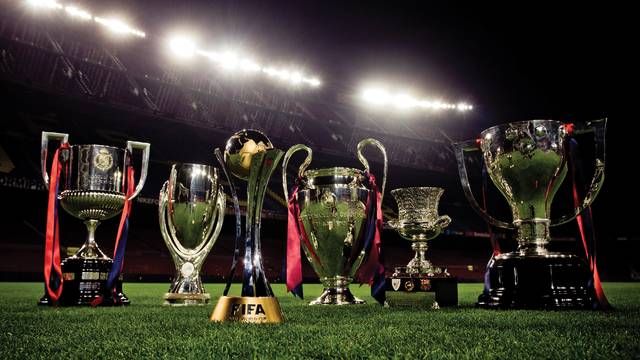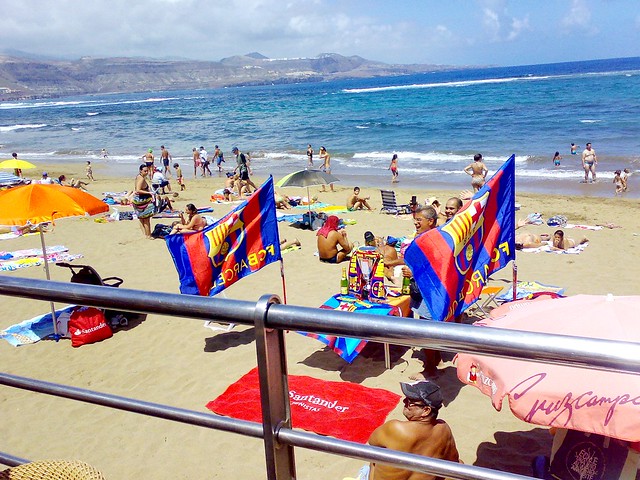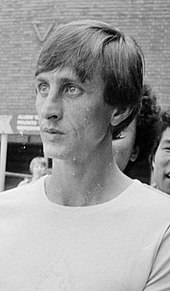CASABLANCA - Barcelona amok and massacred Raja Casablanca 8-0 in a preseason game on Sunday morning local time. Lionel Messi hat-trick success pack.
Compete at the Grand Stade, Casablanca, Morocco, Barcelona proved too strong for the best club Maghreb Affairs. In the first half alone, Azulgrana already winning 5-0.
Alexis Sanchez scored Barca party started in the 14th minute. Chile attacker resides push the ball into an empty goal after a slick collaboration with Daniel Alves.
Barcelona could only doubled the lead in the 34th minute. Attractive bait breakthrough of Ibrahim Affelay to La Pulga Messi completed a flawless.
Compete at the Grand Stade, Casablanca, Morocco, Barcelona proved too strong for the best club Maghreb Affairs. In the first half alone, Azulgrana already winning 5-0.
Alexis Sanchez scored Barca party started in the 14th minute. Chile attacker resides push the ball into an empty goal after a slick collaboration with Daniel Alves.
Barcelona could only doubled the lead in the 34th minute. Attractive bait breakthrough of Ibrahim Affelay to La Pulga Messi completed a flawless.

